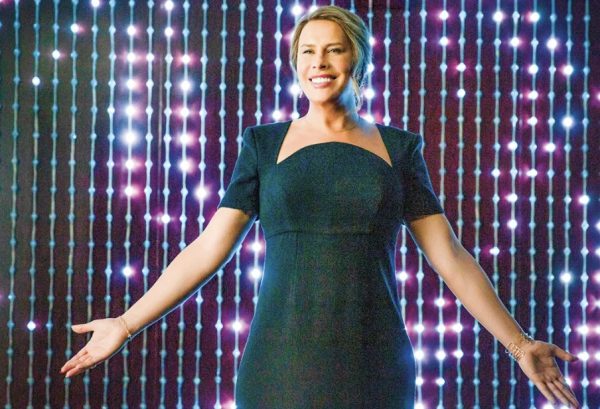Does using AI to tweak a voice diminish the hard work of other actors who had to teach themselves to speak in an accent? This question has sparked intense debate as well as constant uproars about the usage of AI in the film industry. “The aim was to preserve the authenticity of Adrien and Felicity’s performances in another language, not to replace or alter them, and done with the utmost respect for the craft,” (Berkowitz 2) states the Director of The Brutalist, who used AI to enhance a Hungarian accent on the two co-stars.

Despite not intentionally aiming to alter the actors’ voices, AI continued to tweak their voices, even if it was not the director’s intention. Another example of using AI was in the movie Emilia Pérez, which included tweaking Karla Sofía Gascón’s singing voice. Rapid technological advancements and the prevalence of human-created art have made AI controversial, as it introduces unexpected twists to movies or their elements. Some worry that AI will deprive those of jobs, such as accent coaches, or create a film industry of cinematic soullessness.
The movie, The Brutalist, was en route to having 10 different Academy Awards, tied for second most of any film, best supporting actress, best supporting actor, and best director. However, all of these successes began to switch as soon as its usage of AI was revealed. More specifically, they used a Ukrainian AI software company called Respeecher. A native Hungarian speaker, named Jancsó, imputed his voice into the AI model to help with the film’s trickier Hungarian dialect. Jancsó states “Most of their Hungarian dialogue has a part of me talking in there. We were very careful about keeping their performances.” Jancsó believes that Hungarian is an extremely difficult language in which they aimed to have locals be unable to tell the difference.
The interview in which Jancsó admitted to the usage of AI went viral as he explained that AI could simply be used to save time and money, even if only for a few details. Instead of AI being controversial in the industry, Jancsó believes that AI should be used to prioritize other aspects of the movie, etc. As our society begins to incorporate AI into many new aspects of our life, it is impossible not to feel a certain sense of doubt or uncertainty. As the film industry navigates this technological shift, it is essential that we carefully consider the ethical, creative, and economic consequences of AI’s role in shaping the future of storytelling and artistry.


